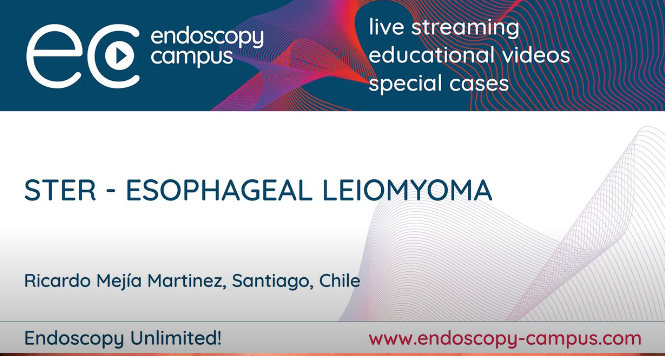Pneumatic Dilation Is Ineffective for Postfundoplication Dysphagia
Prateek Sharma, MD, FASGE, reviewing Schuitenmaker JM, et al. Gut 2021 Jan 15.
Persistent dysphagia (ie, symptoms for more than 3 months) after fundoplication surgery is reported in up to 25% of patients. After anatomical causes of dysphagia have been ruled out, empiric dilation of the gastroesophageal junction (using a pneumatic balloon) is often performed to help with “stretching” the wrap. This approach is supported by data from retrospective cohort studies showing dysphagia improvement in more than 50% of treated patients.
These authors conducted a prospective, multicenter (n=4), single-blind (patients), randomized, sham-controlled trial to evaluate the benefit of pneumatic dilation (PD) in patients with persistent dysphagia after a recent fundoplication surgery. In the PD group, a pneumatic balloon was inflated to 35 mm (1 minute at 5PSI and 1 minute at 8PSI), whereas in the sham group, the endoscope was placed in the stomach for 5 additional minutes with no dilation. A total of 42 patients were randomized to PD (n=21; 35% male; mean age, 53.7 years; mean Eckardt score, 7) or the sham group (n=21; 32% male; mean age, 56 years; mean Eckardt score, 6).
There was no difference in success (defined as an Eckardt score <4 AND minimal reduction of 2 points in the score after 30 days) between the PD (33%) and the sham group (38%) (P=.747). Furthermore, there was no difference between the 2 groups in symptoms or quality of life, as evaluated by the Brief Esophageal Dysphagia Questionnaire, Reflux Disease Questionnaire, or the 36-item Short-Form Health Survey (all P>.1). On high-resolution manometry, there was no difference in 4-second integrated relaxation pressures between the 2 groups (10.5 mmHg [PD] vs 14.6 mmHg [sham]; P=.052). The use of barium esophagogram showed increased stasis in the PD group at 1 minute, but this difference resolved at 2 minutes and 5 minutes. There were no adverse events reported in either of the groups.

COMMENTPersistent dysphagia after fundoplication can occur in up to 20% to 25% of patients. Contrary to current practice, this study did not demonstrate the benefit of pneumatic dilation in this patient population.
Note to readers: At the time we reviewed this paper, its publisher noted that it was not in final form and that subsequent changes might be made.
CITATION(S)
Schuitenmaker JM, van Hoeij FB, Schijven MP, et al. Pneumatic dilation for persistent dysphagia after antireflux surgery, a multicentre single-blind randomised sham-controlled clinical trial. Gut 2021 Jan 15. (Epub ahead of print) (https://doi.org/10.1136/gutjnl-2020-322355)


